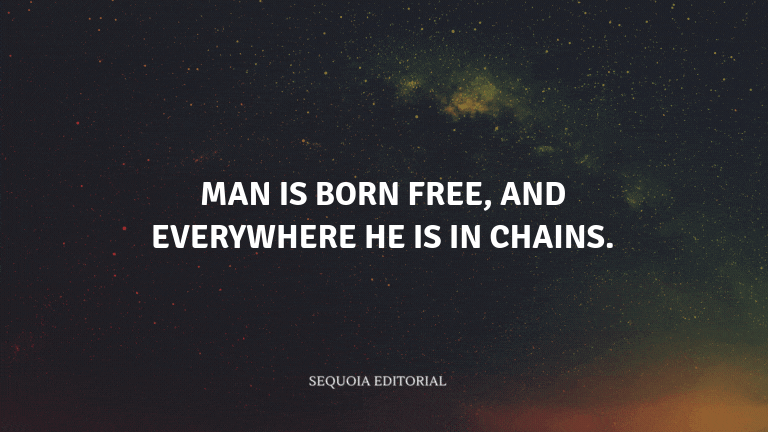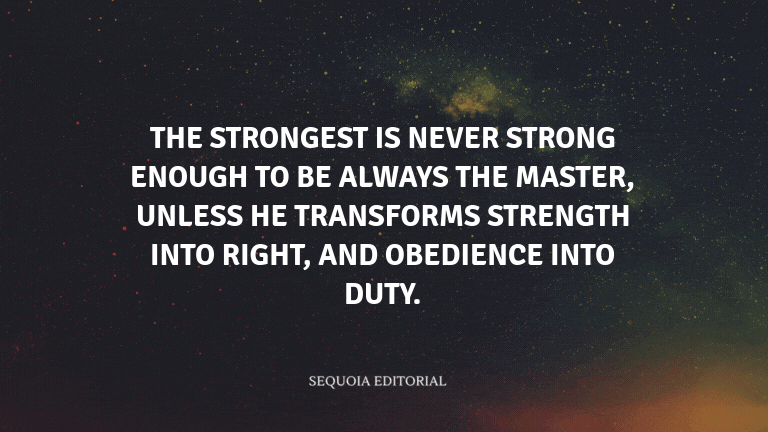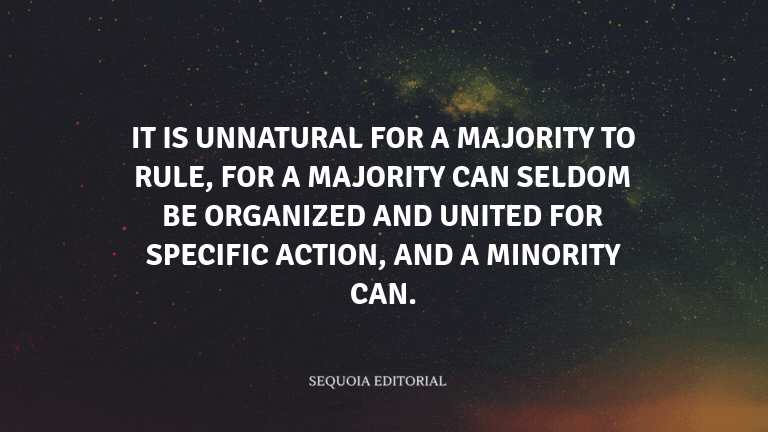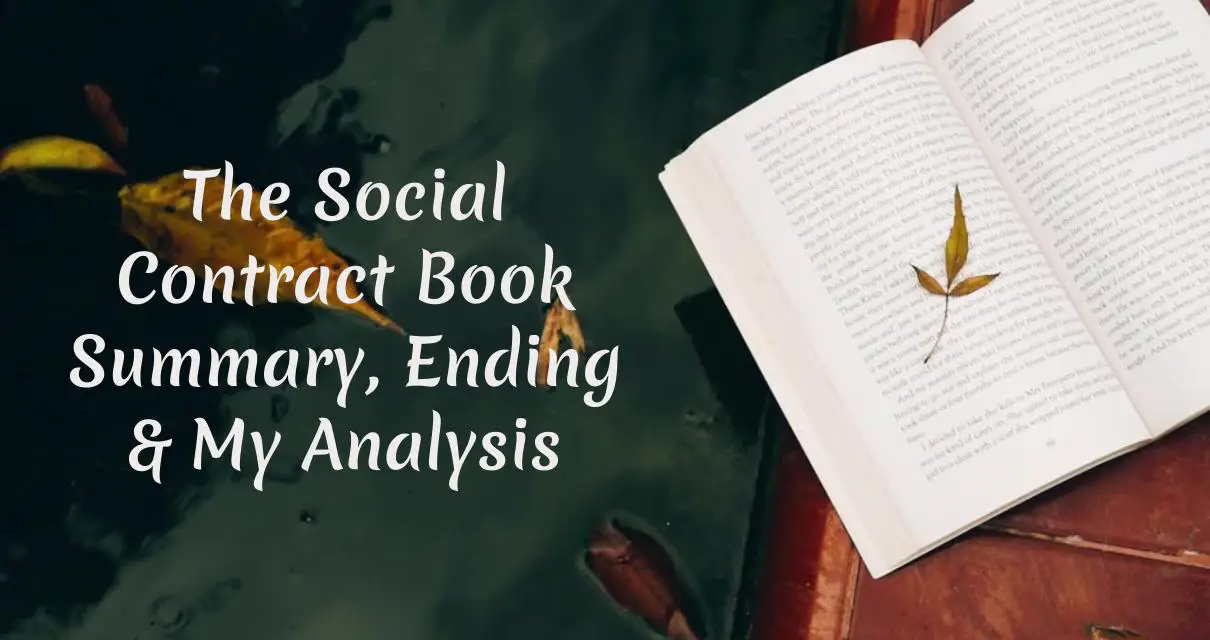The Social Contract is about a thought-provoking exploration of the nature of political society, the state, and individual freedom. Through the famous phrase 'Man is born free, and everywhere he is in chains', Jean-Jacques Rousseau challenges the prevailing political and social systems of his time. The book delves into the concept of the 'general will' and the relationship between citizens and the state.
Table of Content
The Social Contract Book Summary
The Social Contract begins with the famous line, 'Man is born free, and everywhere he is in chains', as Rousseau explores the innate freedom of man in contrast to the limitations placed upon him by society.
Rousseau argues that the formation of a legitimate political community and the state is based on a social contract between its members, which represents a collective decision to create a common good and a structure for society.
He distinguishes between the sovereign, which is the collective body of the citizenry, and the government, which represents the executive function of the state. This separation is crucial to understanding the relationship between the rulers and the ruled.
The concept of the 'general will' is central to Rousseau's political theory. It is the collective will of the people that aims for the common good, and it is this will that should guide the making of laws.
Rousseau discusses the implications of the general will, arguing that it is infallible and always seeks the common good, reflecting what is best for the community as a whole.
He also examines the idea of 'sovereignty', which he defines as the absolute authority of the state over its members, and how it relates to the general will and individual freedom.
Rousseau distinguishes between natural liberty, which is the freedom to do whatever one desires within the limits of physical ability, and civil liberty, which is the freedom to do what the law permits.
He proposes the idea of 'forced to be free,' where individuals who disagree with the general will must be 'forced' to adhere to it for the collective good of the community.
Rousseau then discusses the forms of government, distinguishing between democracy, aristocracy, and monarchy, and their potential to align with or corrupt the general will.
The book delves into the complexities of laws and the legislative process, arguing that laws are binding only when they are supported by the general will of the people.
Rousseau concludes by examining the ways in which societies can be preserved or transformed, emphasizing the need for constant vigilance against the corruption of the general will.
He calls for the ideal state to be one where the citizens are both sovereign and subject, and where the laws are the expression of the general will.
The Social Contract Quotes
- Man is born free, and everywhere he is in chains.

- The strongest is never strong enough to be always the master, unless he transforms strength into right, and obedience into duty.

- It is unnatural for a majority to rule, for a majority can seldom be organized and united for specific action, and a minority can.

The Social Contract Ending Explained
At the end of The Social Contract, Rousseau’s exploration into the nature of political society and the state concludes with a call for the establishment of a just and rational political and social order.
He urges for the alignment of the general will with the laws and the establishment of a government that reflects the common interest of the citizens, safeguarding their freedom and equality.
Rousseau's vision of a society built upon the principles of the social contract is one in which citizens recognize their obligation to the community while preserving their individual sovereignty.
Characters in book The Social Contract
- Man: Represents the individual, the essence of freedom and personal sovereignty.
- Citizen: An individual who is a member of a political community with both rights and responsibilities.
- Ruler: The political figure or authority that governs over the citizens of a state.
- Legislator: The creator of laws and regulations that govern the society, often representing the general will of the people.
- General Will: The collective will of the citizens that aims for the common good and is distinct from individual wills.
Key Lessons
- Collective Decision-Making: The principle of the 'general will' underscores the importance of collective decision-making for the common good.
- Freedom and Obligation: Balancing personal freedom with the obligations to the collective is essential for a just society.
- Legitimacy of Power: The legitimacy of political power and authority rests on the consent of the governed, as articulated in the social contract.
- Corruption of Society: The corruption of individuals and society can occur when the general will is subverted or ignored.
- Force and Liberty: The concept of 'forced to be free' highlights the tension between individual liberty and the necessity of enforcing the general will for the benefit of the whole community.
My Personal Opinion
Is The Social Contract worth reading? Absolutely yes, I found Rousseau's examination of political society to be thought-provoking and essential to understanding the foundations of modern political thought.
I was captivated by Rousseau's clear and logical argumentation, although I did find some of his ideas to be idealistic to the point of impracticality. His emphasis on the collective good is commendable, but it may not fully recognize the complexities of personal freedom in today's diverse societies.
I believe this book is a must-read for anyone interested in political philosophy or the structure of society. It provides a solid foundation for understanding the social contract theory and the relationship between the individual and the state. It is particularly relevant for those who engage in governance or political discourse.

